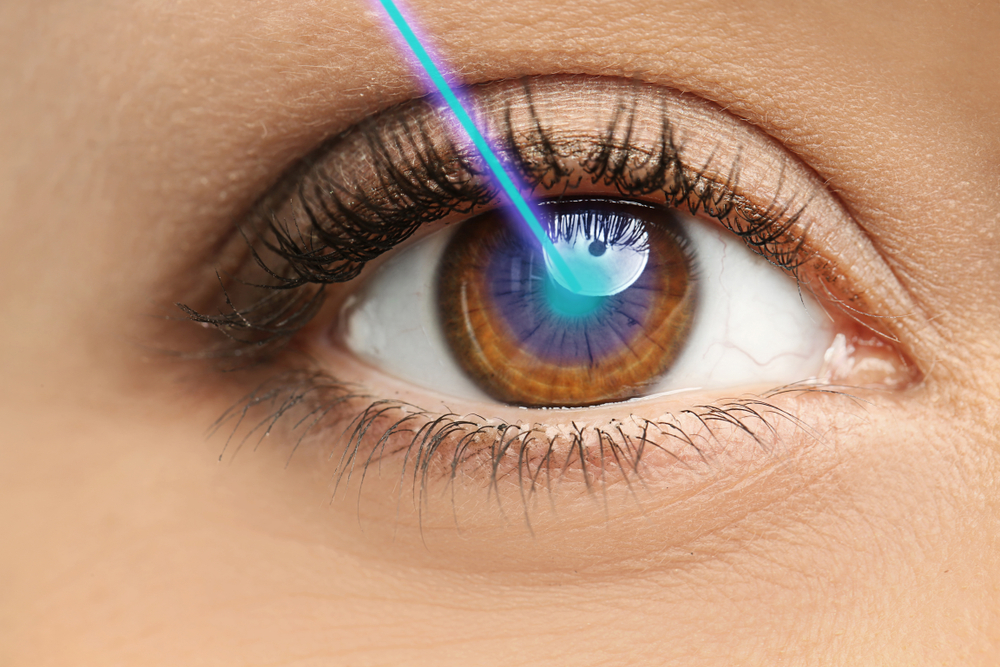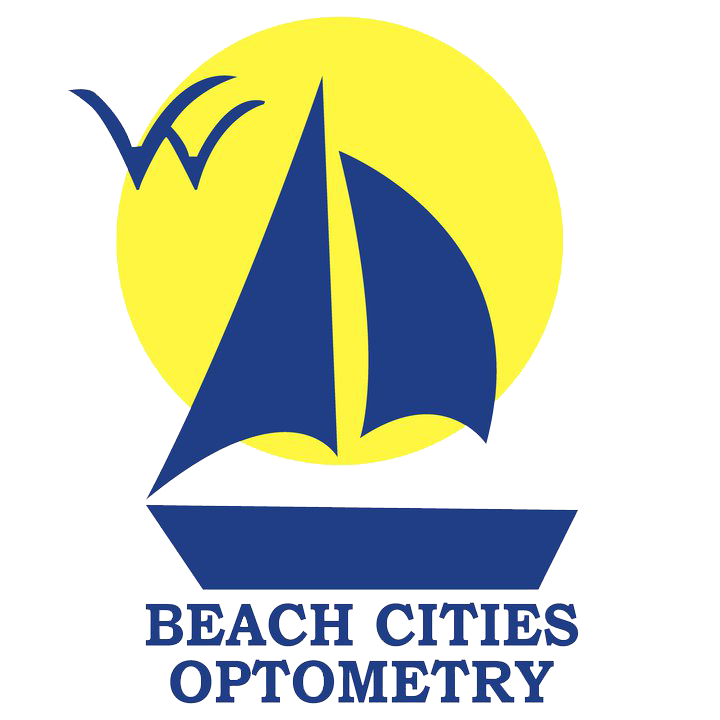
If you dislike wearing prescription glasses or contact lenses to see clearly, there is a piece of thrilling news for you. LASIK surgery can correct your vision and free you from the hassles of visual aids.
It might be what you need. But before you get too enthusiastic, you should know that not everyone is eligible. Certain conditions and medications can affect your eligibility for this treatment.
Medical Conditions:
Autoimmune Diseases
An autoimmune illness may compromise your body's ability to recover from LASIK surgery. These conditions can impact the immune response and increase the risk of complications. It is best to discuss your specific autoimmune disorder with your eye surgeon. This will help you determine if LASIK is a suitable option for you.
Keratoconus
This progressive eye disorder distorts and weakens the cornea. Due to this, LASIK is not ideal for anyone with this disease. Alternative therapies like collagen cross-linking or customized contact lenses may be better.
Chronic Dry Eye Syndrome
LASIK surgery can worsen dry eye symptoms or lead to new onset dry eye. Do you already have a preexisting condition of chronic dry eye syndrome? If so, you risk a higher level of discomfort and visual disturbances after LASIK.
Your eye surgeon will check the severity of your dry eye condition. This will help determine if LASIK is appropriate. If not, they will recommend alternative treatments better suited to your needs.
Unstable or Rapidly Changing Vision
LASIK aims to stabilize your vision. Is your vision continuously changing or fluctuating? If so, achieving the desired long-term results from LASIK surgery may be challenging. Your eye doctor will check how stable your vision is. This will determine your eligibility for LASIK.
Medications:
Oral Corticosteroids
Oral use of corticosteroids can impair the body's capacity to heal and raise the risk of complications following LASIK surgery. These drugs may affect the immune system and impede the natural healing process. Your eye surgeon will evaluate your medication use. They may advise discontinuing oral corticosteroids or adjusting the dosage before surgery.
Acne Medications
Some acne medications can compromise the integrity of the cornea. The risk of complications during and after LASIK surgery may increase because these drugs may thin the cornea. It is preferable to stop using these medications for a period, typically several months, before getting LASIK. This will give the cornea time to stabilize.
Special Considerations:
Pregnancy and Breastfeeding
Temporary changes in eyesight might stem from hormonal changes that occur during pregnancy and lactation. These fluctuations make it difficult to assess your refractive error accurately. This is crucial for determining the appropriate correction during LASIK surgery.
Furthermore, several drugs taken during pregnancy and nursing may harm the unborn child. Delaying LASIK until after you stop breastfeeding and your hormones settle is crucial.
Conclusion
It is best to discuss your medical conditions, medication use, and other relevant factors with your eye surgeon. They will carefully assess your circumstances and provide personalized recommendations to ensure the best possible outcome for your vision correction.
For more information on LASIK surgery, visit Beach Cities Optometry at our Manhattan Beach, California office. Call (310) 906-4426 to schedule an appointment today.







